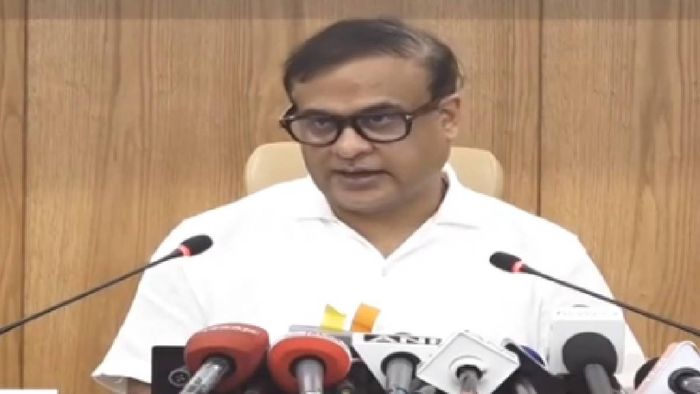Assam Cabinet approves ‘Shradhanjali’ scheme to bring back mortal remains of migrant youth
The Assam Cabinet on Sunday, June 22 approved the ‘Shradhanjali’ policy, a state-funded scheme designed to repatriate the mortal remains of Assamese youth who pass away while working or studying outside the state.

- Jun 22, 2025,
- Updated Jun 22, 2025, 8:22 PM IST
The Assam Cabinet on Sunday, June 22 approved the ‘Shradhanjali’ policy, a state-funded scheme designed to repatriate the mortal remains of Assamese youth who pass away while working or studying outside the state.
Addressing the media following the cabinet meeting, Chief Minister Himanta Biswa Sarma described the initiative as a “humanitarian step” to support families during their most difficult moments.
"Thousands of our youths go to other states in search of employment or education, often earning minimal wages. In the unfortunate event of their death, families are often unable to afford the cost of bringing them home. To address this, we have introduced the 'Shradhanjali' scheme," said Sarma.
Under the newly approved policy, the Assam government will bear all transportation expenses to bring back the bodies of residents who die outside the state while pursuing work or education.
“These sons and daughters of Assam leave in search of a better life. If fate cruelly ends their journey, the state has a duty to bring them back with honour and dignity,” the Chief Minister added.
CM Sarma clarified that the scheme does not apply to individuals who travel to other states for medical treatment and pass away during the course of their treatment. The policy is strictly applicable to those who leave Assam for work or academic purposes.
To ensure smooth execution, the Special Branch of Assam Police will oversee the implementation of the policy. In case of a death, families can dial the emergency helpline number 112, which will immediately activate a response mechanism.
“Once the family contacts 112, the Special Branch will verify the details, and a DIG-level officer will be assigned to supervise the return of the mortal remains with full state-facilitated honour,” Sarma stated.
Interestingly, Sarma revealed that even before its formal adoption, the Assam government had already helped repatriate nearly 15 bodies this year under the guiding principles of the Shradhanjali framework. Now, with cabinet clearance, the scheme will become streamlined, standardized, and permanent.